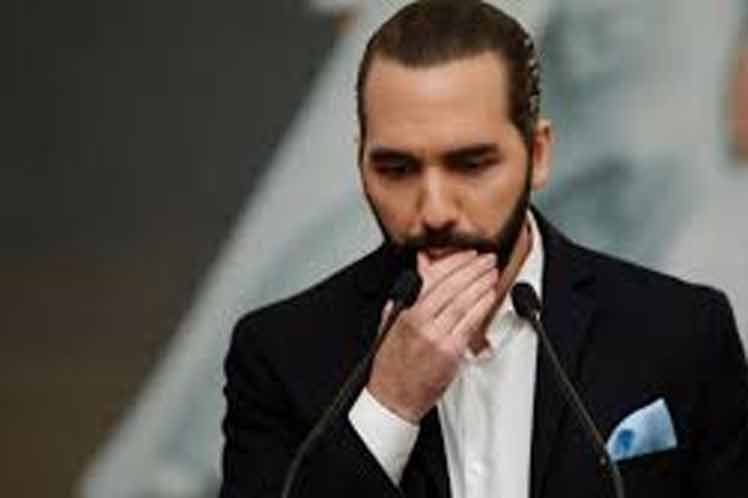The issue was recently addressed by Vice President Félix Ulloa, in an interview with the France 24 network, in which he confirmed the same statements made in a meeting in 2022 with Prensa Latina, in which he advanced elements of the re-election process.
Then Ulloa assured that article 152 numeral 1 of the Constitution of the Republic “is the rule that enables the president to run for a second term as long as he -he stressed- retires six months before.”
The matter continues with ups and downs in the attention of the population, and there are not a few surveys that give the president high levels of support for re-election, some above 90 percent.
During the month of March, an investigation published by the newspaper La Prensa Gráfica revealed that almost 70 percent of Salvadorans support Bukele running for re-election as president, while 68 percent support that heads of state may opt for more than one mandate.
Based on the deputy president’s pronouncements, the ruler only has four months left to decide on his permanence in office to opt for re-election, something that according to his close collaborators he will address at some point.
By constitutional law, Ulloa would be in charge of ending this presidential term, which would disqualify him from accompanying Bukele for a second term.
The immediate re-election was authorized by the Constitutional Chamber on September 3, 2021 after replacing his predecessor, who was dismissed by the current government, in a process that some Salvadorans consider illegal.
Several months ago, judicial sources said that the Supreme Electoral Tribunal is preparing an instruction manual explaining the process for Bukele’s re-election, but so far there has been no news on the subject.
Currently, the political institutes are in the stage, which ends on July 5, to present their candidates for the 2024 elections, and in that period, according to experts, “we are going to see if some things happen that have already been done.” warned that they would violate the electoral law and violate the constitution” the latter on the presidential re-election.
These two points will mark the route of the legality or illegality of the next elections, which will take place in February and March 2024, specialists highlight.
The director of Acción Ciudadana, Eduardo Escobar, estimated in statements quoted by the newspaper La Prensa Gráfica that “the debate is not whether it is legal or illegal (Bukele’s re-election).
It is illegal and unconstitutional, period. There is no room for debate,” he said.
ef/rgh/lb










